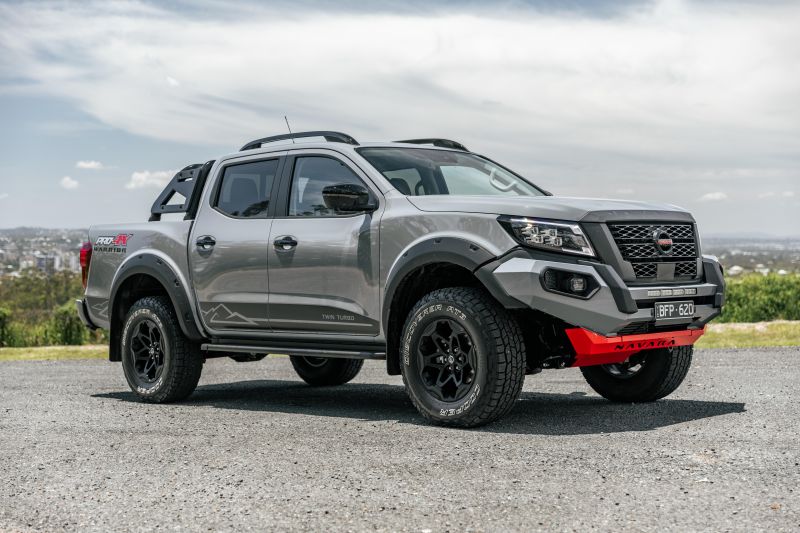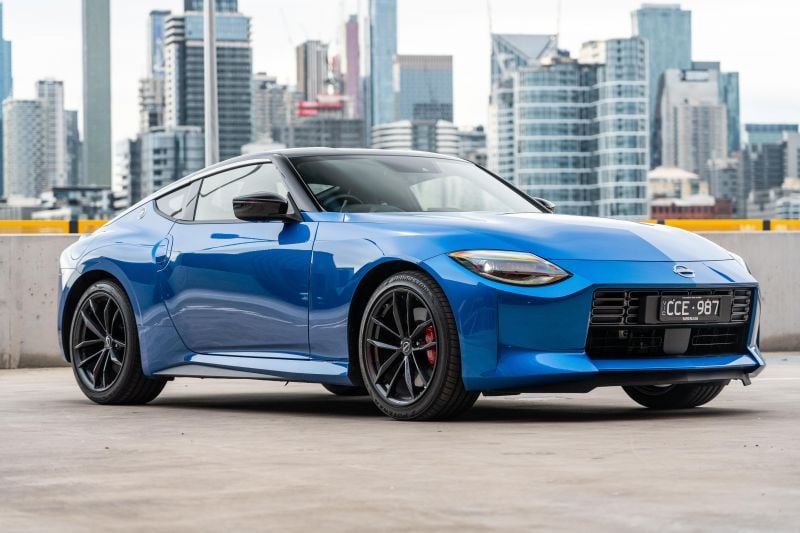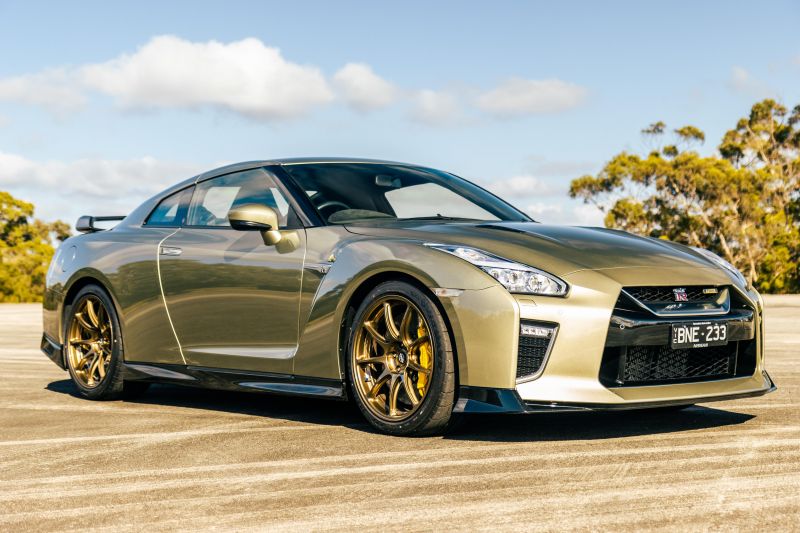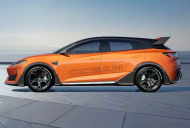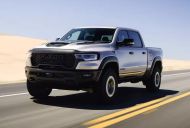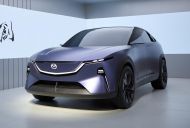Nissan has hinted its Patrol SUV and an upcoming electric ute will likely skip lithium-ion batteries and go straight to solid-state in order to be more cost-efficient and deliver the required capabilities.
Nissan’s senior vice president for AMIEO (Africa, Middle East, India, Europe and Oceania), Guillaume Cartier, told media he expects the iconic Japanese brand to use its e-Power hybrid technology as a bridge until it has a working solution with solid-state batteries.
“Solid state battery is a technology that we want to own, it is a game changer,” Mr Cartier said.
“It’s a battery that will not have any liquid, but the charge of density is a lot bigger. You either reduce the size of the battery you are using so the car is more affordable or you can also use the same size of the battery and it will be much more efficient.
“You can electrify some cars that today you can’t, like sports cars, Patrol etc.”
Mr Cartier also made mention of an electric pickup, though it’s unclear if this is a version of the next Navara or a separate ute, potentially a production version of the Surf-Out concept.
Having questioned the speed at which some other manufacturers expect consumers to move toward full battery electric vehicles, Mr Cartier said the company’s unique hybrid e-Power technology (which uses a internal combustion engine to charge a small electric battery) is the perfect bridge in the years to come until solid-state battery technology becomes viable.
The company has previously indicated its e-Power technology can be used in larger vehicles like the Patrol.
Despite numerous manufacturers actively investing in solid-state battery technology, there has been no major deployment of the technology in a mass-produced vehicle to date.
The technology, once mastered, will allow for significantly smaller battery packs that will be cheaper to make, have more charge density and can be shaped in many different ways, allowing them to fit in much harder places inside the chassis.
“The heavier your car the more difficult it is to electrify, if you want to keep the capability. If it weighs more than two tonnes, the battery you want to have is making it even heavier and more expensive,” said Mr Cartier.
“With the pickup or Patrol you have multi-usage, [customers use it] for entertainment or working and using which is specific to Australia.
“For those ones the cost of ownership is really key, so if you say you can have it in EV but with a 10k surcharge you may lose some of them so the key thing is to make sure you can electrify and still be cost competitive, that’s why solid-state battery is a good one because you can reduce the ‘cost by kW’ and that will help reduce [the cost] by 50 percent.”
According to Mr Cartier, sports cars will also benefit from the new battery technology, as it allow a lighter battery pack that can fit in a more flexible shape. This also hints at the future of both the GT-R and Z.
Toyota and Honda are two other manufacturers that are working on bringing solid-state battery technology to their vehicles, however the former has stated it will first use the technology in hybrids before deploying it to full EVs.

